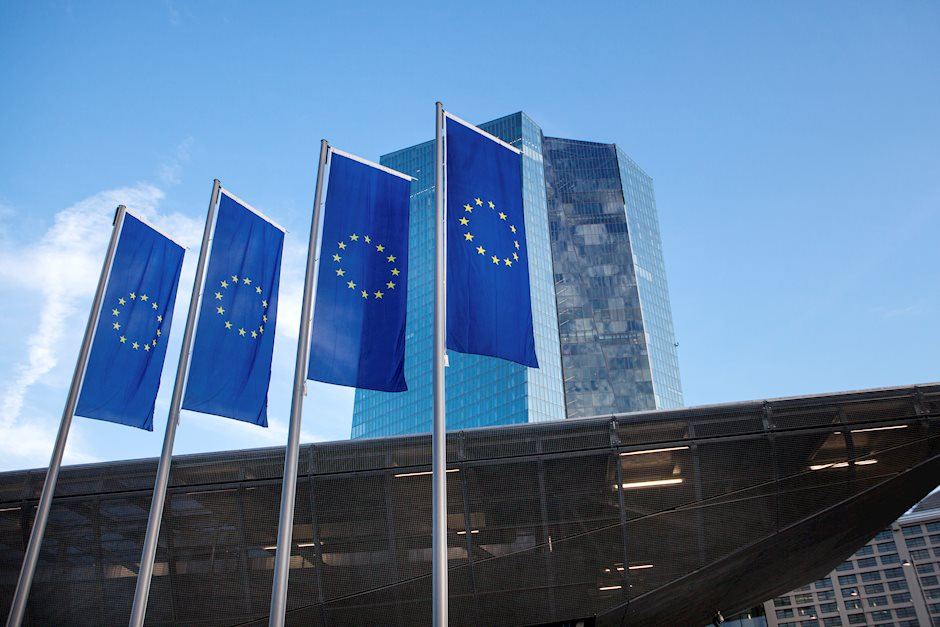ECB’s Praet opens the door to a ‘lower for longer’ QE taper policy - ING

In another brilliant speech by an ECB official, the central bank's Chief Economist Peter Praet spoke in New York yesterday and shed important light on how asset purchases have helped to anchor the EZ rate curve lower, points out Viraj Patel, Research Analyst at ING.
Key Quotes
“It is evident that ECB officials are aware of the announcement effect of a QE policy change, with Praet noting that “announcing that the central bank will withdraw a certain stock of long term bonds at a certain horizon... can impact on the term premium and the yield curve in general”. Beyond this, Praet observes that in ‘uncertain times’ it may be more prudent to frontload asset purchases over a shorter period (eg, bigger and bolder), while in more ‘normal times’ smaller purchases over an extended period of time can have the same desired effect on investor expectations. If one was to assume that euro area markets are in a ‘normal’ environment – as the evidence suggests – then Praet's speech is the clearest signal yet that the ECB later this month will announce a lower for longer QE taper schedule in line with our house view (ie, asset purchases cut to EUR 20-25bn from January over 12 months).”
“While theoretically different QE options may not change the equilibrium levels for asset prices, we certainly think the signal of an initial aggressive cut to monthly QE purchases will be positive for the EUR (at least in the short-term). We see EUR/$ at 1.25 as testing the ECB’s pain threshold. Below here, we’re buyers.”
Author

Sandeep Kanihama
FXStreet Contributor
Sandeep Kanihama is an FX Editor and Analyst with FXstreet having principally focus area on Asia and European markets with commodity, currency and equities coverage. He is stationed in the Indian capital city of Delhi.

















